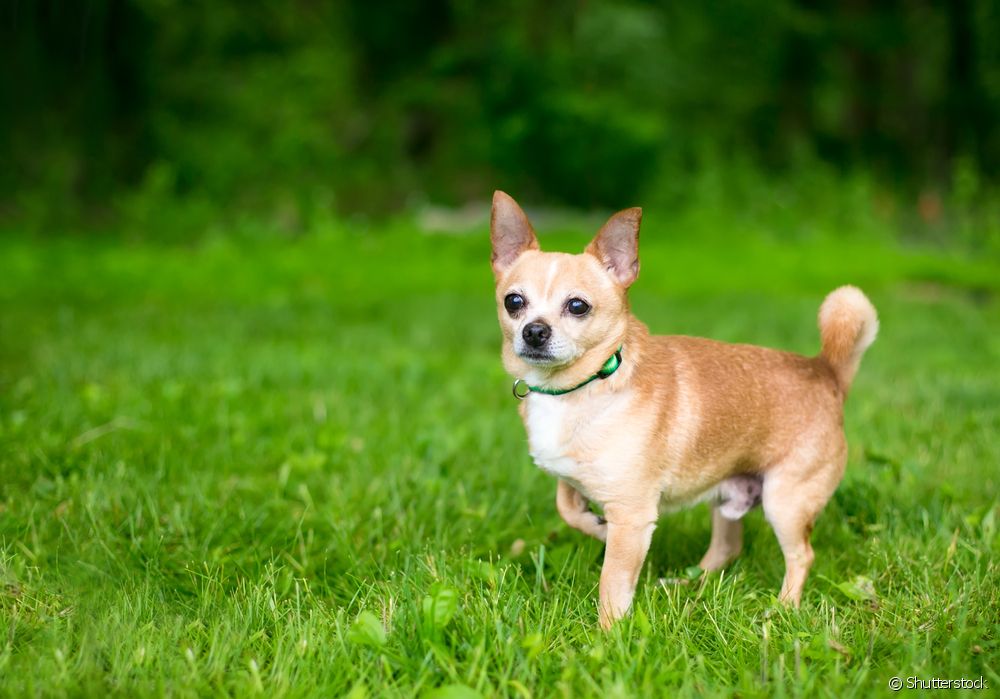Parvovirosis: symptoms, causes and treatment: a veterinarian answers all your questions about the disease.

Table of contents
Canine parvovirosis is a serious disease that affects the pet's gastrointestinal system. Being highly contagious, it is important that the guardian be aware of the symptoms of parvovirosis. Even though this health problem is extremely serious, many people still do not know how contamination occurs. With that in mind, the Paws of the House spoke with veterinarian Frederico Lima to clarify all questions about parvovirus, symptoms, prevention and treatment. Take a look!
Symptoms: parvovirosis affects cells in the dog's intestine
The symptoms of parvovirosis are easy to identify, but they can be associated with other health complications. But after all, do you know what canine parvovirosis is? "It is a viral disease, caused by parvovirus, and it mainly affects unvaccinated puppies and adults," explains Frederico. Because it is caused by a virus, many people are in doubt as to whether canine parvovirosis catches on inDespite being highly contagious in dogs, the parvovirus (CPV-2) does not develop in humans. Therefore, guardians who suspect that the dog is experiencing the problem can be carefree, as parvovirosis is not characterized as a zoonosis. However, it is necessary to pay attention to the manifestations of canine parvovirosis and symptoms that are usually associated with problemsWhen we talk about a dog infected with parvovirus, associated symptoms are usually:
- diarrhea
- bloody stools
- nausea
- vomit
- apathy
- fever
- lack of appetite
- weight loss

How to prevent canine parvovirus?
Parvovirosis is caused by a virus and many people are unsure how to prevent the disease. "The CPV-2 virus, known as parvovirus, is resistant to many common disinfectants and detergents," explains the veterinarian. Few people know that a complete vaccination schedule is much more effective than any cleaning product.
"Prevention is done with the complete vaccination protocol, in addition to preventing the puppy from having contact with the external environment or other animals, especially those of unknown or unvaccinated origin", warns the specialist. Therefore, if your pet has the dog vaccine up to date, you can be more carefree. It is important not to delay the doses to keep the puppy always protected.
Canine parvovirosis: treatment may involve hospitalization of the pet
If you suspect that your puppy is suffering from canine parvovirosis, it is essential to take him to a veterinarian to have an accurate diagnosis. Confirmation can come through a rapid test examination, with a stool sample or the PCR technique. From the result, the professional will indicate the most appropriate treatment for your dog's case. "In most cases, treatment requireshospitalization of the patient, requiring good fluid therapy, electrolyte replacement, drug support for nausea, and antibiotic therapy because of the evolution of acute gastroenteritis, "adds Federico.
See_also: Small furry dog: 10 small dog breeds

